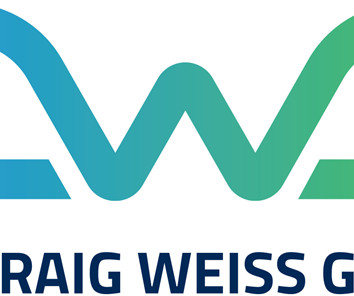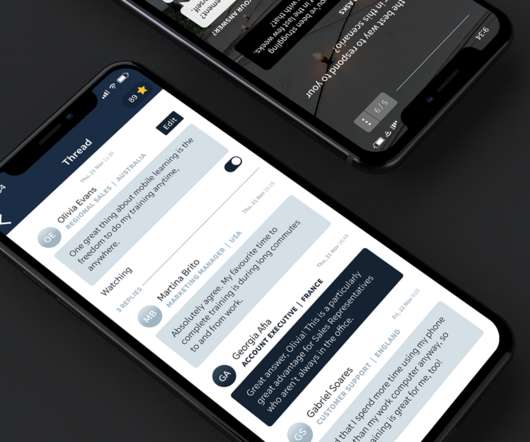A tribute to Dr Donald Kirkpatrick, pioneer and veteran of Instructional Design
Origin Learning
MAY 20, 2014
Facebook 1 Twitter 5 Google+ 0 LinkedIn 1 Pinterest 1 Origin Learning mourns the loss of a great innovator. Dr. Donald Kirkpatrick is one of those few people that have achieved eternity by virtue of their contribution. Dr. Kirkpatrick was the keynote and featured speaker at many events in the world of workplace learning.















































Let's personalize your content